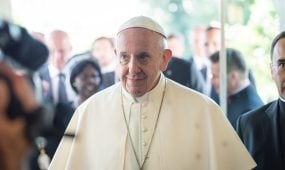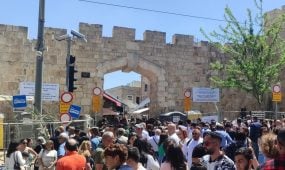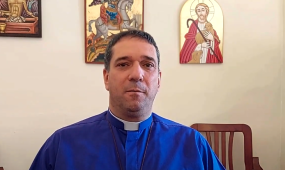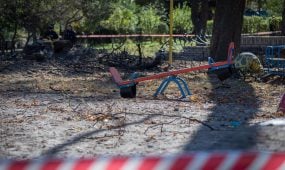Urban farm with a mission
News
“In growing organic produce and building community alongside the Romero Centre men’s group members, we are embracing the Anglican Marks of Mission,” says The Rev’d Samuel Dow on the urban farm he is building alongside people seeking safety in our community
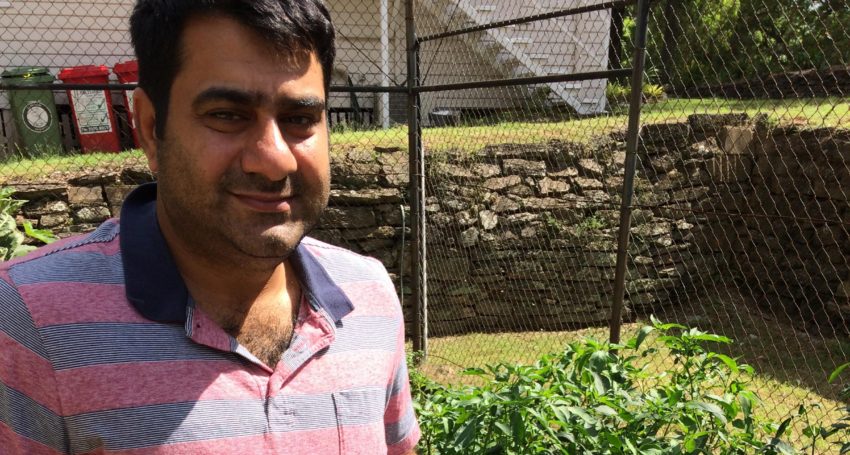
“For I was hungry and you gave me food, I was thirsty and you gave me something to drink, I was a stranger and you welcomed me…Truly I tell you, just as you did it to one of the least of these who are members of my family, you did it to me.” (Matthew 25.35,40)
The idea for Baroona Farm, located at St Francis College, started in late 2018 after a period of wondering how my first vocation and studies in horticultural science might be able to combine with my vocation as a priest in God’s church. I looked at various community gardens and urban farms in different areas of our country and, for the most part, I found that these were often set up as small businesses or favoured those who wanted to garden out of interest. Having then reflected on what a ‘missional farm’ might look like, a number of residents from St Francis and I reflected together what it might mean to grow a large amount of food with and for those who are in a position where they cannot afford, or even have access to, fresh organic produce. In particular, we thought of people seeking asylum, many of who are not able to work while waiting for their claims to be processed and often have to rely on the generosity of others to feed and house themselves and their families.
Advertisement
So, we set out to ‘grow food and community with and for the nutritionally vulnerable’.
Not long after moving on site at St Francis College in 2018, I identified the old unused tennis court as a potential site for developing the farm. In early 2019, we approached the Romero Centre, a Christian organisation supporting refugees in and around Brisbane, to see if they would like to partner with us in developing this project. Soon after, we hosted one of the men’s groups on site to explore the idea more and start work. This relationship has continued over the last year with a group of men coming regularly and joining with others in the St Francis community.
Romero Centre Case Coordinator Mengistu Hailu shared the following regarding the significance of the project for his centre’s men’s group:
“The Men’s Group comes to the farm regularly to assist. Baroona Farm is a place of joy where people come, enjoy and have positive interactions. The Farm is a place where the men encourage each other, and share skills, experiences and culture. The Rev’d Samuel’s passion, commitment and determination amaze me every day. He puts huge energy, effort and coordination time into this project. The project will be a source of farm products for the Romero Centre soon. It will contribute towards filling up the green grocery needs at our centre.”
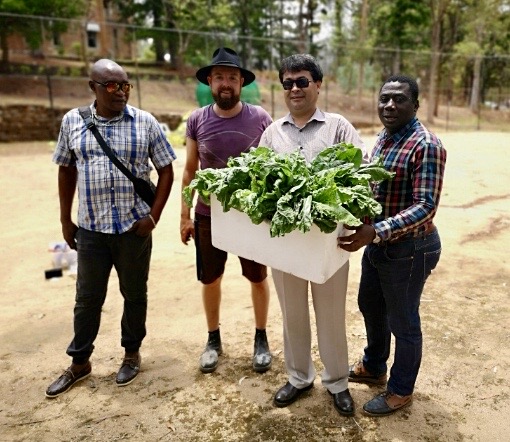
Men’s group members: Mohammad Rezae, Jean De Diew, Katembo Kite, with The Rev’d Samuel Dow (second from left) harvesting silverbeet in December 2019
We chose the name ‘Baroona Farm’, firstly because of the iconic Brisbane street name that St Francis College borders, and secondly for its connection to the Aboriginal peoples of the area. For the Jagera and Turrbal peoples, the word ‘Baroona’ can be interpreted as ‘a place far away’. If this is a true interpretation, which we are still seeking clarification on, then it is a rather fitting name for a place where we offer welcome and hospitality to those whose home countries may be far away.
Advertisement
In growing the organic produce and building community alongside the Romero Centre men’s group members, we are embracing the Anglican Marks of Mission, “to respond to human need by loving service”; “to seek to transform unjust structures of society, to challenge violence of every kind and pursue peace and reconciliation”; and, “to strive to safeguard the integrity of creation and sustain and renew the life of the earth.”
To grow the gardens, we are utilising ‘wicking bed’ technology designed by Queensland engineer Colin Austin. This type of garden bed is built inside recycled IBC tanks which hold a reservoir of water at the bottom that is then ‘wicked’ upwards through the soil profile to the plant. This greatly reduces evaporation and water loss through surface watering and is therefore a highly sustainable way of growing crops. Currently we have 20 large raised beds in place on the old tennis court and the plan is to completely fill it, which will involve around 180 beds in total. Each bed costs around $250 to make and set up with a crop.
The ‘Baroona Farm’ ministry will be officially launched and blessed at St Francis College by Archbishop Phillip Aspinall on Saturday 7 March at 3 pm. At this occasion, Brisbane City Council will also be launching one of their composting hubs on the St Francis College site at the Baroona Rd entrance. More information on Facebook.
If you would like to make a financial contribution to Baroona Farm, please use the following electronic transfer details: Account Name: Baroona Farm; BSB: 704-901; Account: 00015479
If you would like to get involved with the project, we would be delighted to hear from you. Please email baroonafarm@gmail.com or call The Rev’d Samuel Dow on 0425 252318.
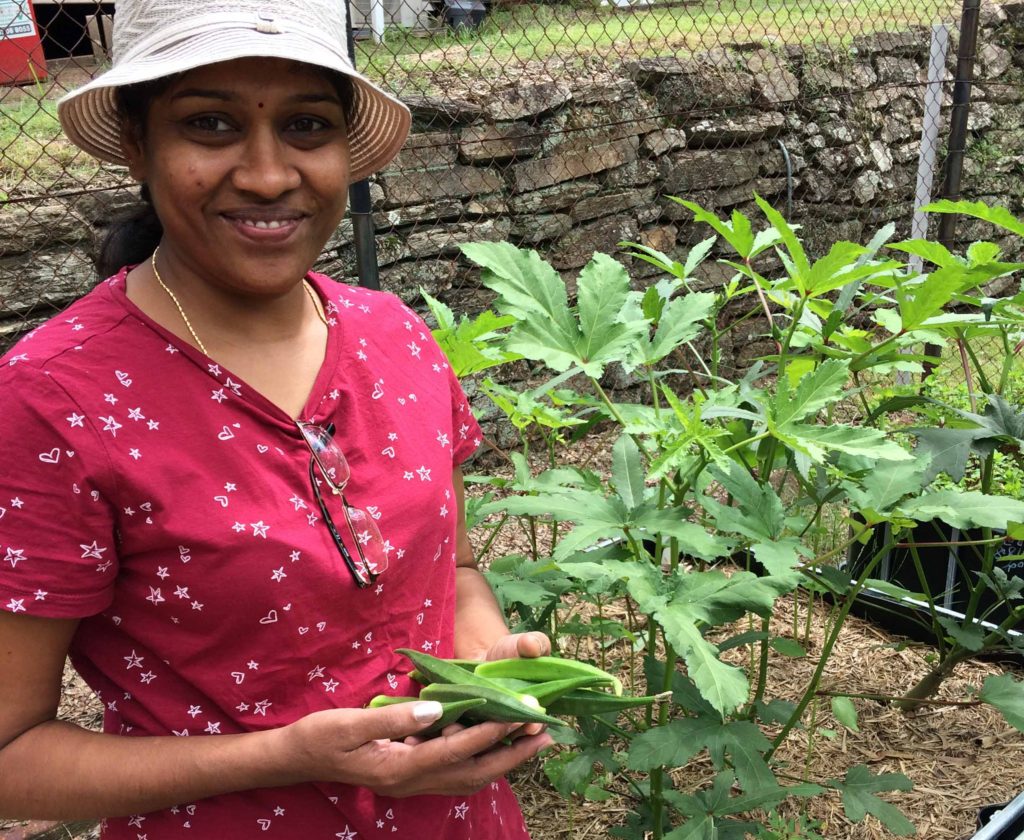
Ranjani, originally from Sri Lanka, with freshly harvested Baroona Farm okra in February 2020

